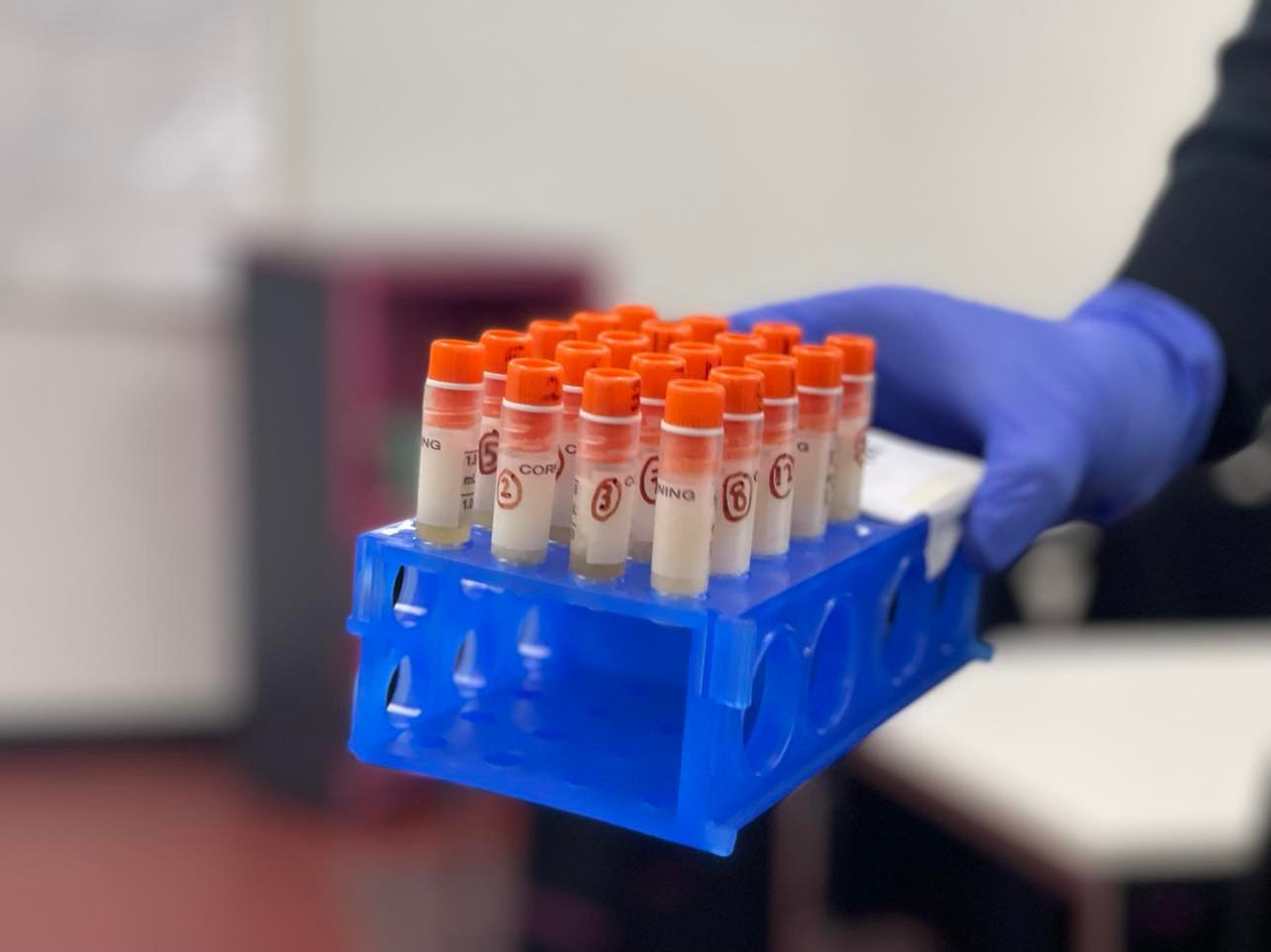High school students from Victoria will this week watch on while a SpaceX rocket carries vials of bacteria to the International Space Station (ISS) as part of an experiment to learn more about growing yoghurt in space.
Students were tasked with designing an experiment to improve astronaut health and wellbeing through Swinburne University’s Space Youth Innovation Challenge.
They then pitched their concepts to a panel of space industry experts.
The winning team worked closely with microgravity experiment experts from Swinburne to prepare the experiment and send it up to the ISS.
Astrophysicist Dr Sarah Webb said the student-led research will help guide our understanding of sustainability as humanity continues to reach out into the stars.
“Sending stuff to space is expensive so the more that can be produced up there, the better,” she said.
“Yoghurt is not only filled with probiotics that promote a healthy gut biome but is also relatively simple to make.
“However, we don’t know how the unique challenges of microgravity will impact the creation of good bacteria. And that’s where our student experiments come in.
“There is still much we have to learn when it comes to space and our students are making a real contribution to this critical research.”
Students from the SHINE program, a joint venture between Swinburne and Haileybury College, were also involved in the yoghurt experiment.
The SHINE program brings collaboration between the two institutions for the purpose of designing and running small microgravity experiments.
Previous space science efforts from the program tested how magnetorheological fluid reacts when exposed to external magnetic fields in microgravity, and saw how microgravity affects the rate of tooth decay.
Dr Webb said students in these programs get a good sense of what it’s like to study about space.
“They leave the program with a strong theoretical and technical base of knowledge, as well as the experience of sending a real experiment into space,” she said.




















Trending
Daily startup news and insights, delivered to your inbox.